In a world that moves fast and often feels overwhelming, one superpower stands out—not strength, not speed, not even intelligence in the traditional sense. The real game-changer? Emotional intelligence.
It’s the silent skill that fuels personal growth, elevates relationships, drives performance, and builds inner resilience. When paired with mental discipline for success, emotional intelligence becomes an unstoppable force for transformation.
Let’s break it all down. What is emotional intelligence? Why does it matter so much? And how can you cultivate it step-by-step to improve your life, your leadership, and your peace of mind?
What is Emotional Intelligence?
Emotional intelligence (or EQ) is your ability to recognize, understand, manage, and influence emotions—both your own and those of others.
Unlike IQ, which is largely fixed, emotional intelligence is flexible. You can strengthen it with intention, practice, and reflection. Emotional intelligence includes:
- Self-awareness
- Self-regulation
- Motivation
- Empathy
- Social skills
When you combine these capabilities with mental discipline for success, you gain control over your thoughts, your behaviors, and your emotional responses—even under pressure.
The Pain of Emotional Disconnection
Why It Matters?
Let’s face it. Most people don’t struggle because they lack goals—they struggle because their emotions sabotage them.
You know the feeling: You’re overwhelmed, angry, anxious, or discouraged, and suddenly your best plans go out the window. You snap at your partner. You skip the gym. You procrastinate. You say yes when you meant no. You abandon your priorities for temporary relief.
These aren’t failures of knowledge. They’re failures of emotional control.
And here’s the good news: you can change that. But first, it requires embracing self-awareness and developing a mindset grounded in mental discipline for success.
Step 1: Know Yourself Deeply
The Foundation of Emotional Intelligence
TMastering emotional intelligence starts with one simple but powerful concept: know yourself.
Self-awareness means being able to clearly identify what you’re feeling and why you’re feeling it. It’s about understanding your emotional triggers, your strengths, your values, and your habitual reactions.
Without self-awareness, you’re on emotional autopilot. You react instead of respond. You suppress or explode rather than process. But when you become emotionally self-aware, you begin to reclaim control over your inner world.
Action Tip: Begin journaling your emotional responses. Ask: “What emotion did I feel? Why? What did I do? Was it aligned with my values or goals?”
This clarity lays the groundwork for mental discipline for success, because it empowers intentional choice over blind reaction.
Step 2: Master Emotional Regulation
Control the Storm Within
Once you’re aware of your emotions, the next step is learning how to regulate them. This doesn’t mean suppressing or ignoring feelings. It means managing them so they work for you, not against you.
Think about stress. Everyone experiences it—but how you handle it can mean the difference between burnout and breakthrough.
Emotional regulation means pausing before reacting. Breathing through frustration. Reframing anxious thoughts. Replacing impulsive habits with calm, constructive ones.
Action Tip: Use the 90-second rule. When a strong emotion hits, pause and breathe for 90 seconds. Let the initial chemical response pass before taking any action.
This form of emotional control is not just calming—it’s productive. It supports the very foundation of self-control for success, which requires mastering your impulses over time.
Step 3: Use Emotions as Fuel for Motivation
Emotionally intelligent people don’t wait for motivation—they create it. They use emotions as internal signals that guide them toward purpose-driven action.
Feeling frustration? Use it to push for change. Feeling hopeful? Channel that energy into vision. Feeling fear? Let it guide you to prepare.
By recognizing the emotional states that drive or drain you, you begin to build mental discipline for success—anchored not in temporary highs, but in sustainable drive.
Action Tip: Each morning, ask: “What emotion am I bringing into the day? How can I redirect or amplify it to support my goals?”
Motivation rooted in emotional intelligence creates resilience. You don’t give up easily because you’ve learned to work with your emotions—not against them.
Step 4: Develop Empathy
Understand Before You Judge
Empathy is the heart of emotional intelligence. It’s the ability to sense what others are feeling and respond with compassion—not critique.
When you develop empathy, you deepen your relationships. You become a better listener, a more effective communicator, and a more trusted friend or leader.
This isn’t just about being nice. Empathy is a skill, and it can be trained through presence, patience, and perspective.
Action Tip: In any conversation, pause and ask: “What might this person be feeling underneath their words?”
The connection between empathy and mental discipline for success is real. Empathetic people tend to navigate conflict better, build stronger networks, and recover faster from relational setbacks—all of which fuel long-term achievement.
Step 5: Learn to Communicate Emotionally and Effectively
Emotions are a form of data—but they only create impact when you know how to express them clearly.
Mastering emotional intelligence means learning how to share your emotions honestly, without blaming, attacking, or withdrawing. It means using “I” statements, clarifying your needs, and listening deeply.
Whether you’re negotiating, giving feedback, or resolving a conflict, emotionally intelligent communication is the bridge between inner awareness and outer impact.
Action Tip: Practice assertiveness with kindness. For example, instead of “You never listen to me,” try: “I feel unheard when I’m interrupted. Can we pause and reset?”
This practice builds emotional clarity and reinforces your mental discipline for success by aligning your internal experience with your external expression.
Step 6: Build Emotional Boundaries—Protect Your Energy
Strong boundaries are a form of emotional intelligence. They protect your time, energy, values, and well-being.
Without boundaries, you say yes too often, burn out quickly, and lose sight of your priorities. But with clear emotional limits, you honor your needs without guilt.
Setting boundaries takes courage, especially when it disrupts patterns of people-pleasing. But it also builds self-respect and trains you to prioritize long-term peace over short-term approval.
Action Tip: Identify one boundary you need to set this week—whether it’s around time, work, family, or emotional labor—and practice stating it clearly.
Boundaries are a sign of strength, not selfishness. And they are essential to the mental focus and emotional resilience required for success.
Step 7: Reflect and Refine
Make EQ a Daily Practice
Emotional intelligence is not a destination—it’s a daily discipline.
You won’t always get it right. But that’s the point: every moment is a chance to reflect, refine, and recommit to the process.
Just like physical fitness, emotional intelligence grows with consistent effort. The more you tune into your emotions, the more you understand them. The more you understand, the more effectively you respond.
Action Tip: Each evening, reflect on these three questions:
- What emotion did I manage well today?
- Where did I react instead of respond?
- How can I handle it better tomorrow?
This daily reflection cements both emotional intelligence and mental discipline for success as habits—not theories.
Emotional Intelligence is A Superpower
If you want better results—in your career, relationships, health, or self-worth—start by building emotional intelligence.
It’s not flashy. It’s not quick. But it is powerful.
Emotional intelligence is the quiet skill that magnifies every other skill. It helps you lead with confidence, live with intention, and connect with purpose. And when paired with mental discipline for success, it becomes your daily edge in a world that’s noisy, reactive, and emotionally overwhelmed.
You can master it. And when you do, your entire life begins to shift.
FAQs About Emotional Intelligence
No. Emotional intelligence is about managing emotions effectively, not being overly emotional. It means staying calm under pressure and understanding emotional cues in yourself and others.
Absolutely. Unlike IQ, EQ is highly trainable. Through self-reflection, feedback, and consistent practice, anyone can strengthen their emotional intelligence.
It varies by person, but meaningful improvement can happen in weeks with daily attention and effort. It’s a lifelong practice, not a one-time fix.
It improves communication, decision-making, conflict resolution, and team trust. Leaders with high EQ tend to inspire loyalty, drive performance, and navigate stress with more clarity.
Emotional intelligence enhances self-awareness and emotional control—both essential for mental discipline. When you’re emotionally intelligent, you’re more focused, resilient, and goal-driven.

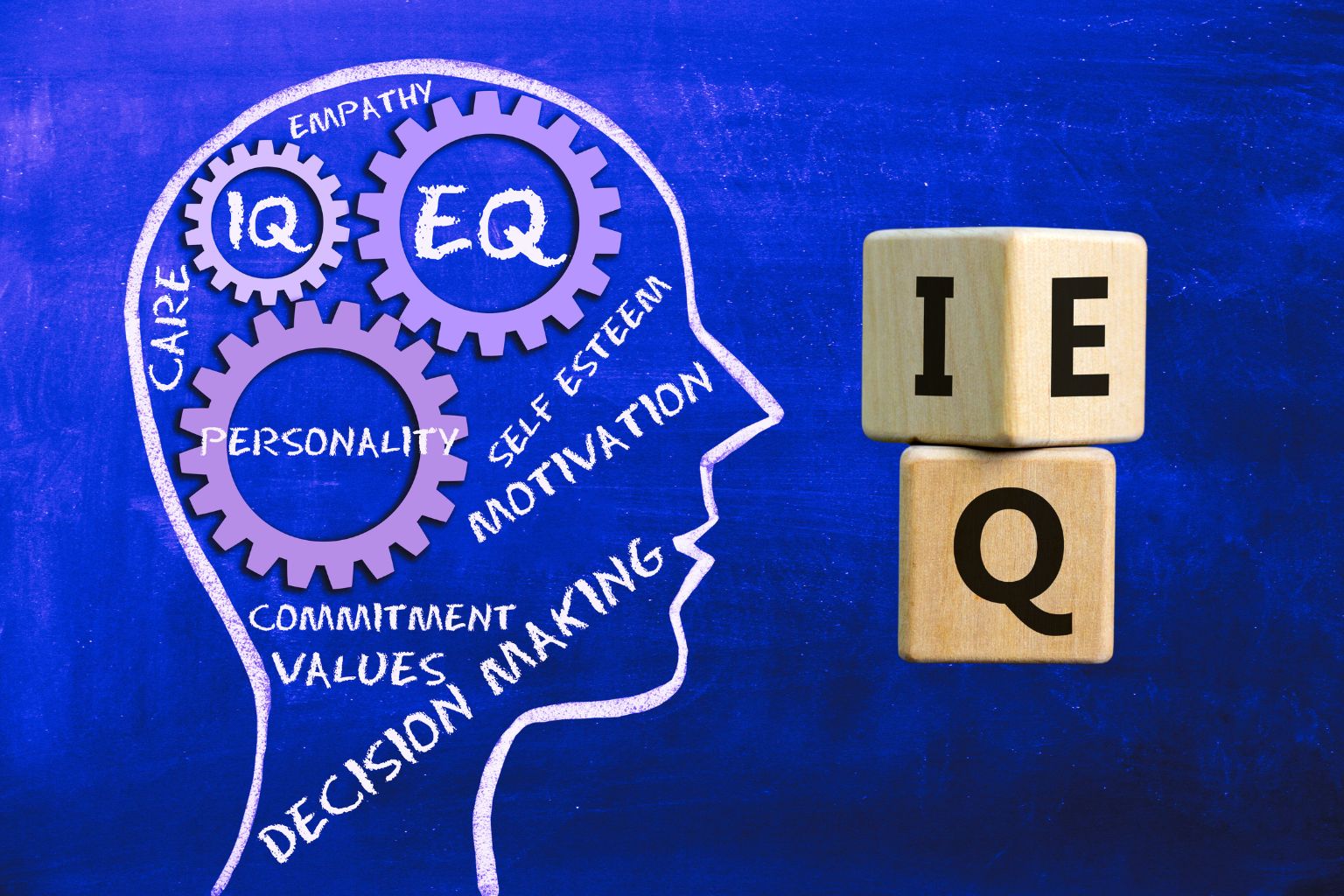
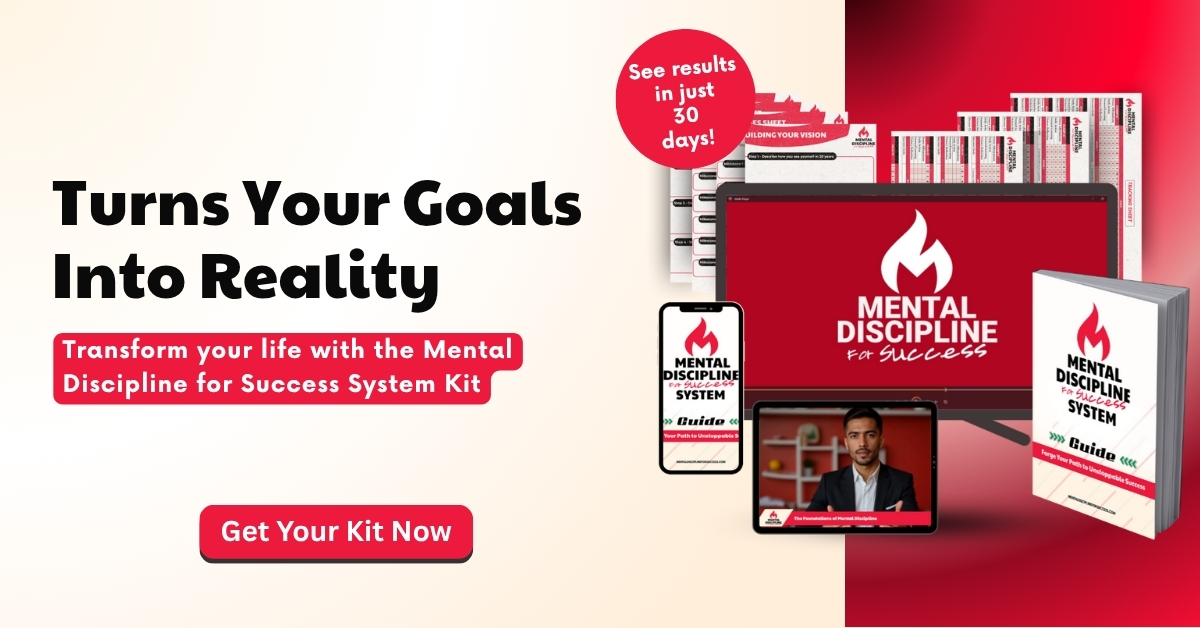



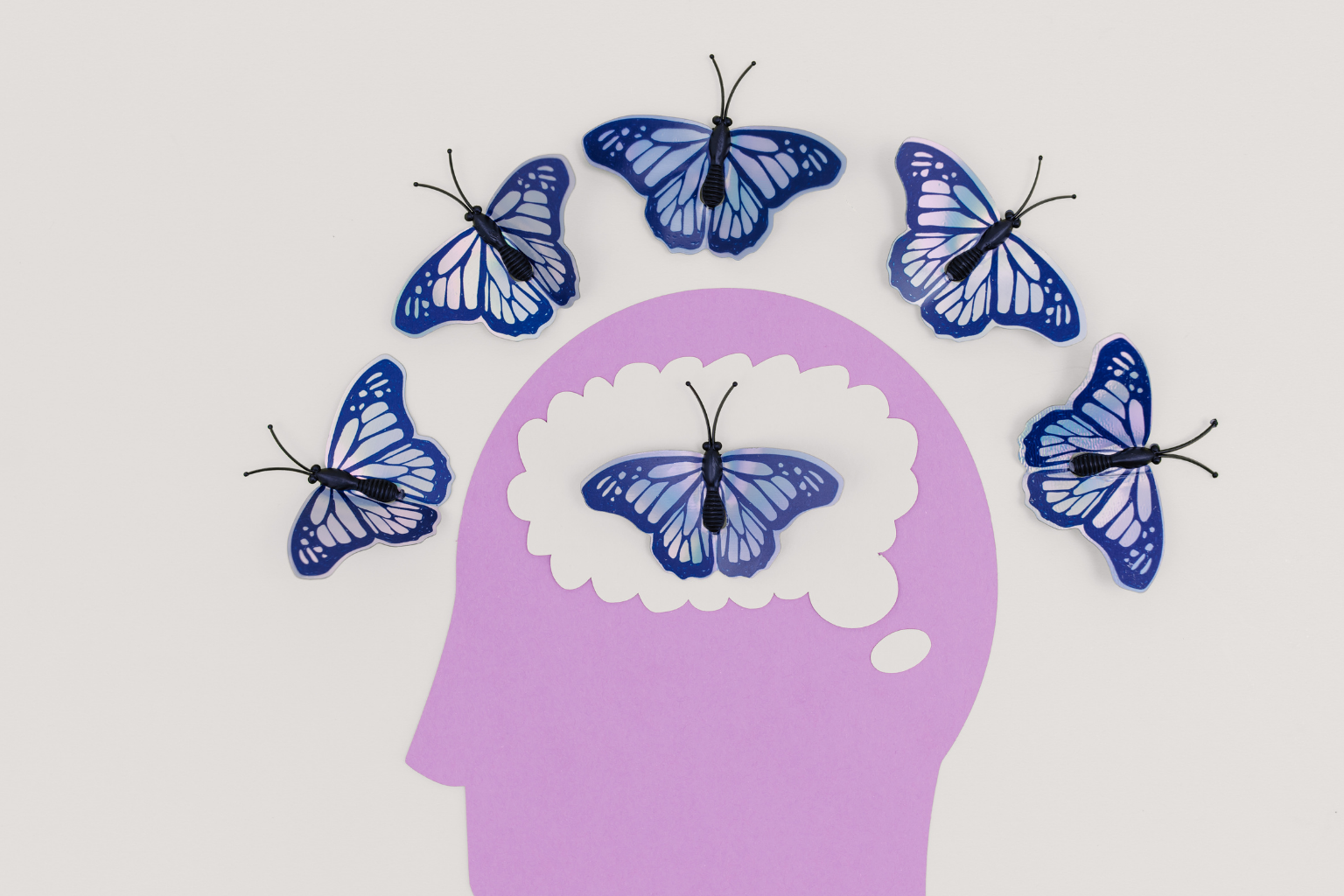


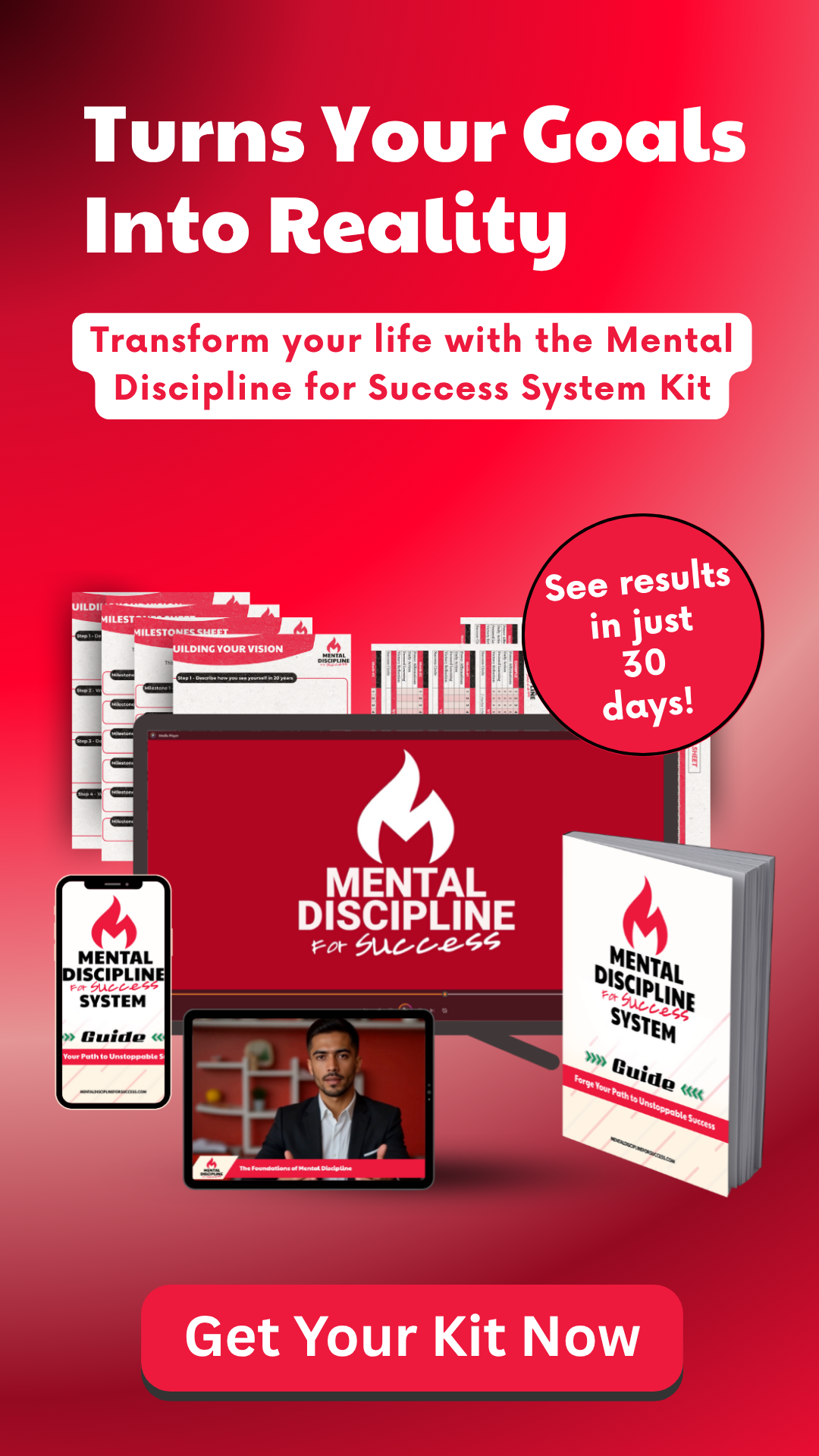
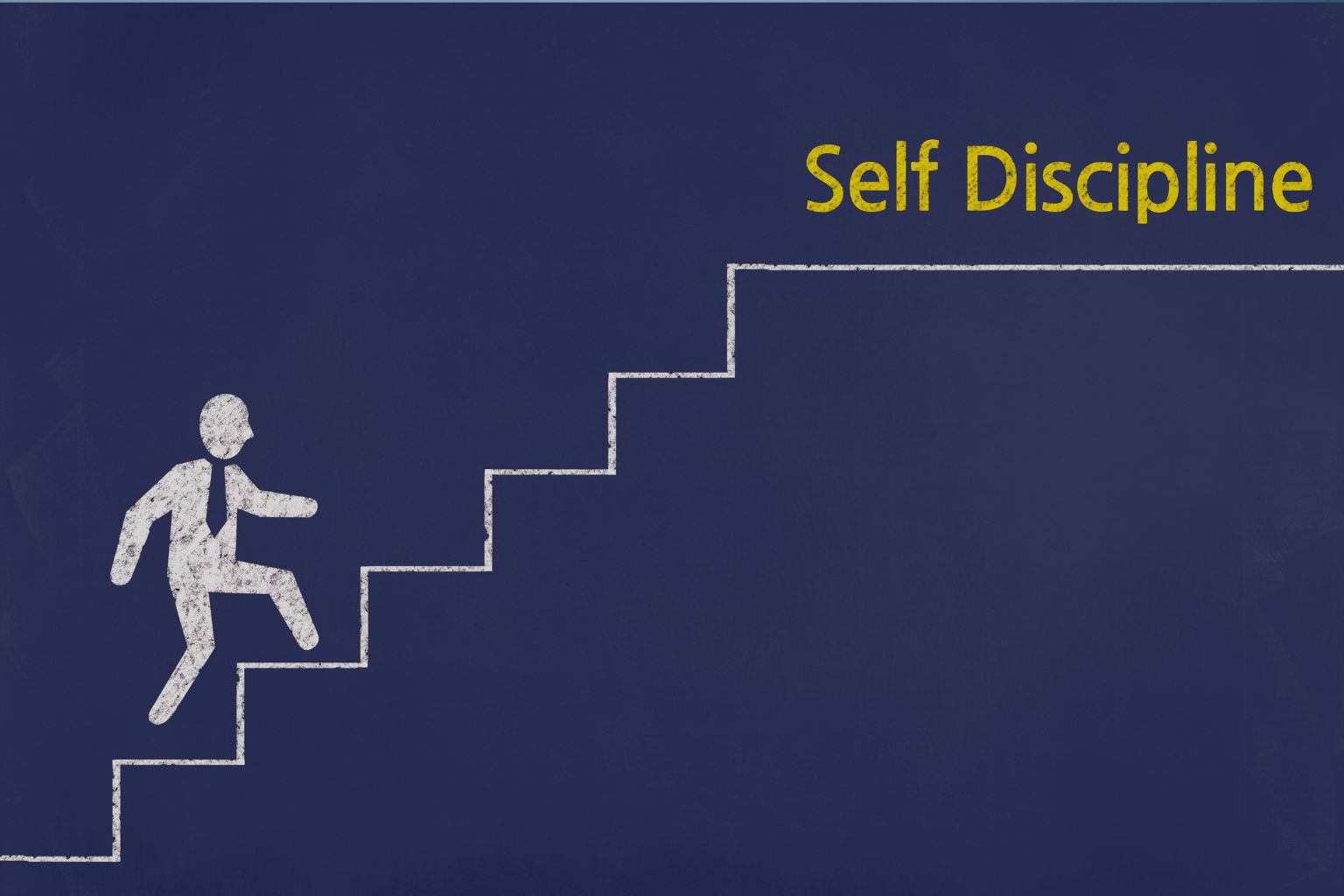

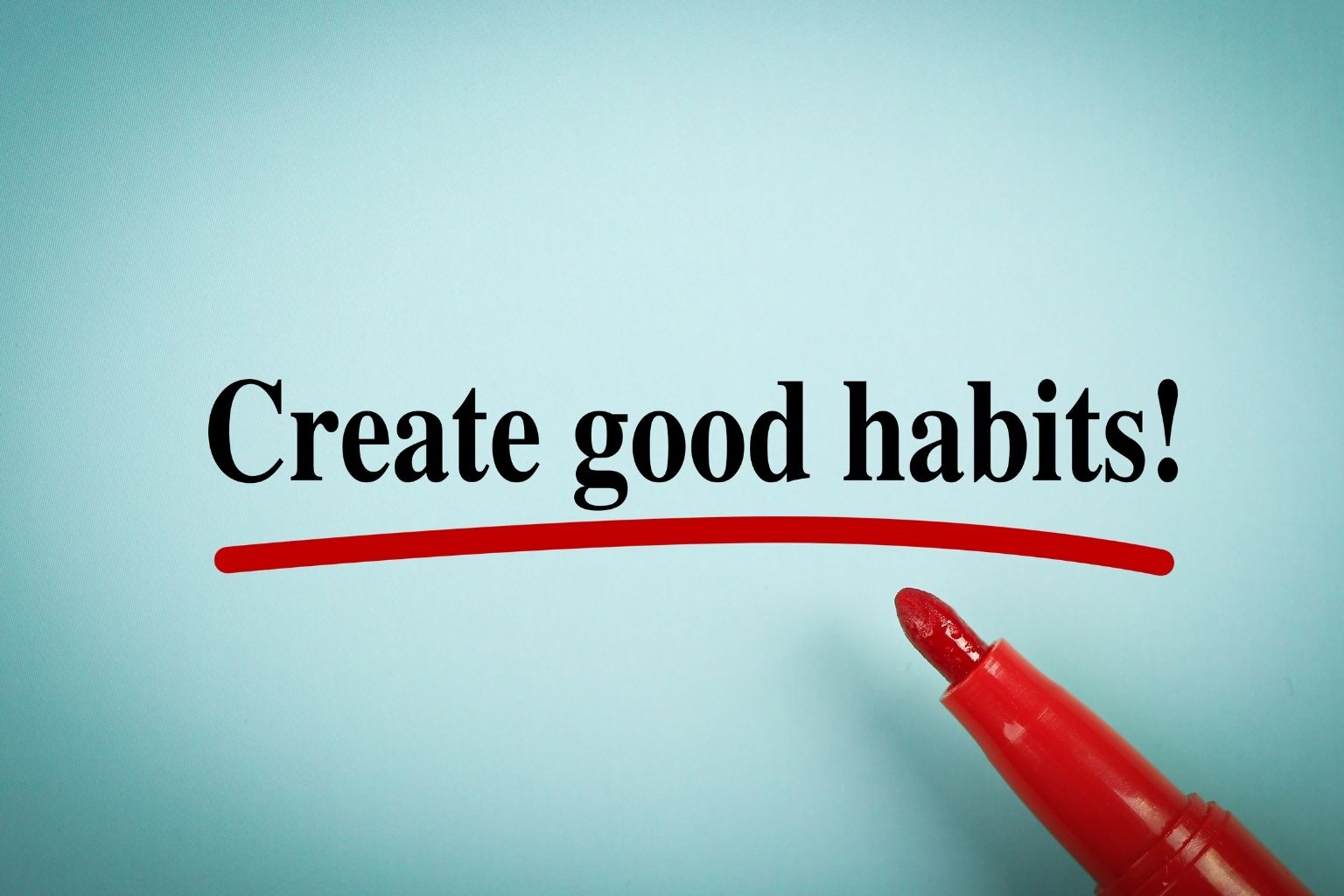



Share it!